
Sabina Grigore
Just Access Representative to the UNODC
The international justice system is under attack.
On the 7th of February 2025, Donald Trump, the President of the United States (US), signed an Executive Order imposing sanctions on the International Criminal Court (ICC). ô While almost two-thirds of the States Parties to the Rome Statute issued a statement to show their support for the Court, it seems like international respect for the rule of law and international justice is diminishing in the face of US sanctions.
This is not the first time the US acted in opposition to the ICC, undermining its pursuits of justice and accountability for the most egregious human rights violations. However, unlike its previous sanctions, these extend significantly beyond the Court as an institution and its staff to include human rights defenders, civil society organisations, and many others who cooperate with the Court.
The Court is now portrayed by US officials as a threat to national security and foreign policy, and its actions have been characterised as ãillegitimate and baselessã, particularly as a result of the Courtãs decision to issue arrest warrants for Israeli officials in relation to the Situation in the State of Palestine.
The Relationship Between the US and the ICC
Despite signing the Rome Statute, the US failed to ratify the treaty establishing the ICC. However, this does not absolve the US from being subjected to its jurisdiction. Yet, since the Courtãs establishment, the US has displayed an ambivalent, and even hypocritical attitude towards the work of the Court.
To ensure justice and accountability, a unified global effort to support both the Court and its partners must become the norm.
At times, the US supported the ICC, as was the case with the arrest warrant issued against Vladimir Putin in the context of the war in Ukraine. However, in other instances, it has also imposed retaliatory measures on Court officials. ô In 2020, former Prosecutor Fatou Bensouda and another senior Court official were sanctioned after the Prosecutor initiated an investigation into the Situation in Afghanistan. This investigation would have included the so-called ãblack sitesã operated by the US Central Intelligence Agency (CIA) in various partner countries of the North Atlantic Treaty Organisation. The decision to investigate this situation was perceived by President Trump as a direct attack on the US and its allies, and it served as a catalyst for the initial set of sanctions.
More importantly, the failure of States to condemn this retaliatory action and the subsequent drop of these investigations reveal the influence of the highly politicised environment in which the Court operates.
Support our work!
We can only do our work thanks to the support of brave, passionate people like you!
Your donation will help us to keep fighting for human rights and access to justice for everyone, everywhere.
The Influence of International Politics on the ICC
While the ICC serves primarily as a judicial body, these instances show that it operates within highly politicised environments. ô This imposes severe limitations on the work of the Court and its ability to conduct its work. ô For instance, the previous set of sanctions related to the Situation in Afghanistan resulted in the decision of the Prosecutor of the ICC to prioritise the crimes committed by the Taliban and the Islamic State in the Khorasan Province, and drop the focus on the investigations into US activities during the war.
While President Biden lifted these sanctions in 2021, this decision was made with the tacit assumption that the Courtãs investigation into the crimes associated with US personnel would not resume. ô The ICCãs hesitance to include the actions of the US government and its allies in the investigation raised doubts about its capacity to ensure full respect for the victimsã rights and demands, diminishing trust in the institution as a whole. ô Moreover, the attitude of certain countries, such as Hungary, which decided not to publicly condemn the sanctions, shows a clear inconsistency in the international justice system.
[The USã current sanctions] extend significantly beyond the Court as an institution, to include human rights defenders, civil society organisations, and many others who cooperate with the Court.
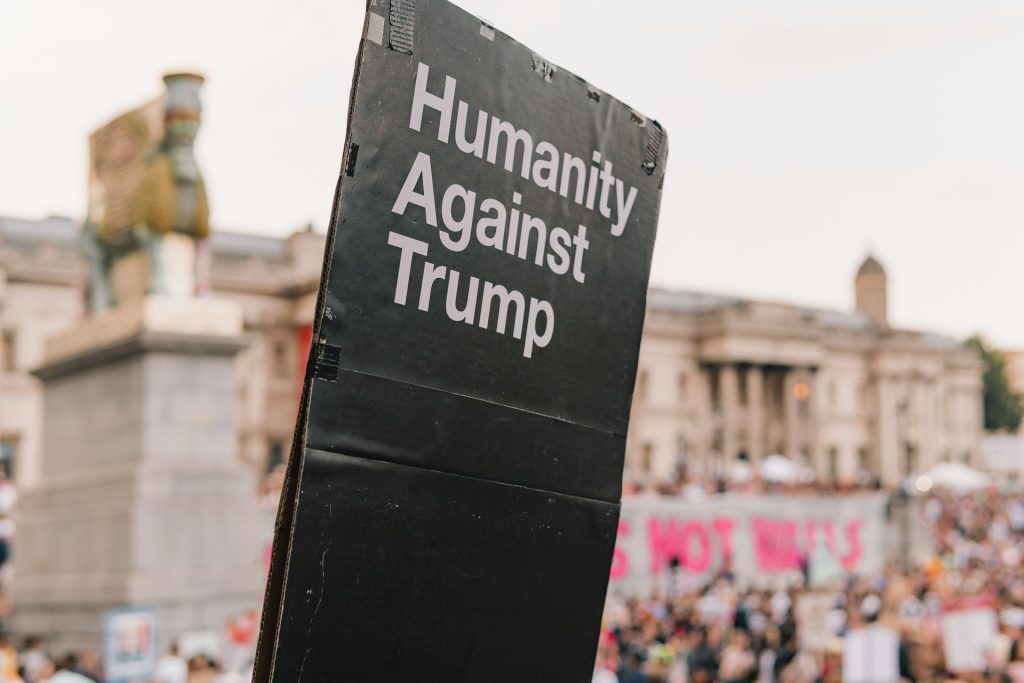
A Need for Unified Support for the ICC
In theory, the ICC is an independent, permanent international court meant to deal with the most serious crimes of concern to the international community. ô However, its capacity to do so is dependent entirely on the support of States and the broader international system. ô The Court has no police force of its own that can conduct investigations and arrests, and it can only act when states are unwilling or unable to deliver justice on the national level. Yet, challenges related to legitimacy, transparency, and the ability to effectively deliver justice have, at times, placed the Court in a delicate position. Adding to that, the repeated inconsistent application of justice and outward opposition to the actions of the Court will drive further instability and distrust within the international justice system.
Thus, to ensure justice and accountability, a unified global effort to support both the Court and its partners must become the norm. ô This can not only help the Court consolidate the legitimacy it needs to keep delivering justice to victims but also maintain its ability to investigate, arrest, and prosecute perpetrators of the gravest crimes affecting the consciousness of humanity.
Read more from Just Access on this topic:
Subscribe to the Just Access newsletter
Don’t miss any of our great blog posts, or any of our great content!
Stay up to date with our work by subscribing to the Just Access Newsletter (six mailings per year).


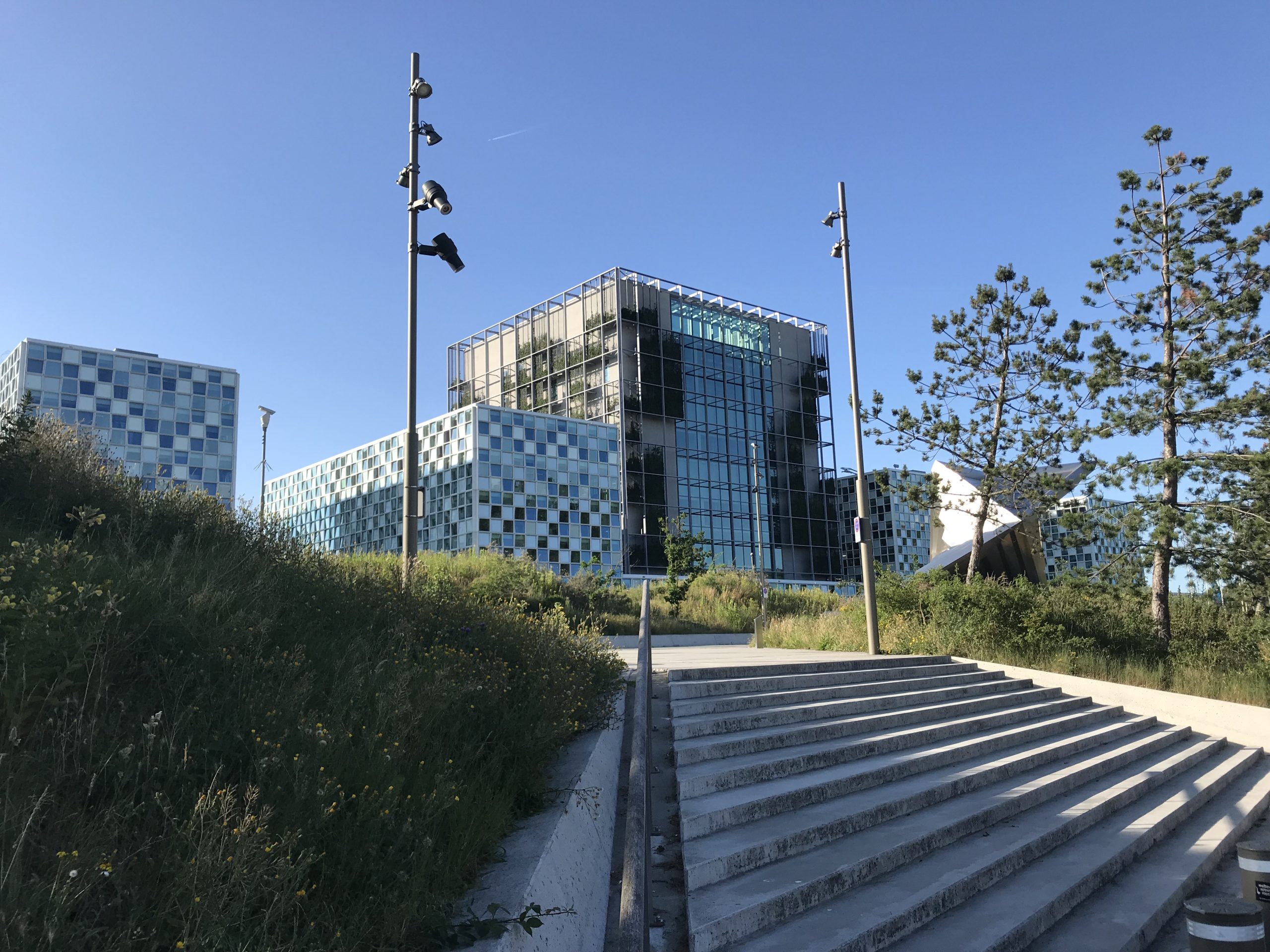

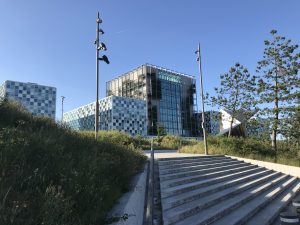
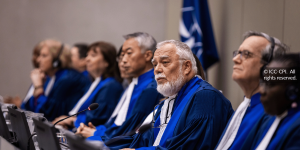
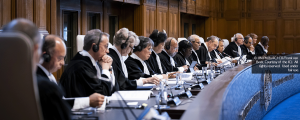





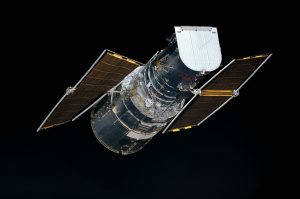



1 Comment
A powerful exploration of how political pressure can obstruct the pursuit of international justice. The article highlights the ICCãs fragile position and the global implications of attempts to limit its authority. Thought-provoking and timely.